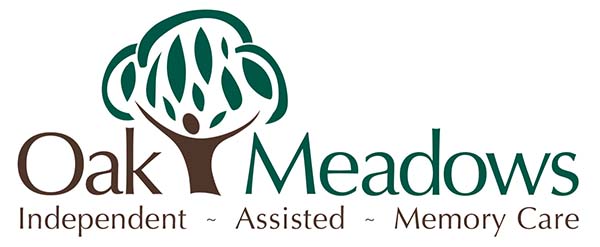When POA Isn’t Enough
Interesting article from www.agingcare.com
Most often, becoming a caregiver starts with obtaining the authorization to share information and act
on behalf of another person.
to man, there always seems to be someone telling you that you don’t have the right forms to
access the information you need.
In order to simplify this process as much as possible, let’s look at some of the situations
in which you will need to have specific permissions to ensure that professionals and
organizations are willing to speak with you about your loved one’s finances, benefits and more.
Elder law attorneys emphasize medical and financial powers of attorney (POA) as the
starting point, and for good reason. A POA authorizes a specified individual to legally
act on behalf of another person. A durable power of attorney is initiated while a loved
one is competent, and automatically remains in effect after they are incapacitated.
A springing power of attorney is invoked only when certain conditions that your
loved one specifies are met (typically if they become mentally incompetent or
disabled). The difficulty with a springing POA is that when one can invoke it is not
always clear. The process for declaring someone incompetent varies from state
to state and depends on what conditions your loved one specified in the documentation.
When Power of Attorney documents are prepared and signed, have an informed
conversation with the attorney or paralegal who is assisting you. Ask lots of “what if”
questions and find out what authorities this document grants and what powers it
does not. Specifically ask if a doctor need to certify your loved one’s incapacitation,
and find out what you should do if it needs to be invoked or legitimized.
Sometimes POA Isn’t Enough
While POA may seem like the cover-all legal document, that is rarely the case.
Many third parties (like banks) are hesitant to accept financial POA documents
because they may be liable for any wrongdoing that ensues if it turns out to be
illegitimate. Financial institutions typically need some time to ensure the
validity of the document and may wish to consult with the attorney who
prepared it. In some cases, the third party may also request that you complete
an affidavit (a sworn written statement) stating you are acting legally, which
will relieve them of any liability. As long as you are acting in the best interest
of the person you are representing (the principal) and within your granted
authority, there should be no problems other than the slow and bureaucratic
nature of this process.
Become an Authorized Representative or Representative Payee
The Social Security Administration (SSA) requires representatives to be
authorized to participate in your loved one’s SSA matters, but the SSA
does not recognize the POA designation. If you are trying to help a loved
one with Social Security applications, claims, or appeals, you will need to
apply to be their authorized representative by completing the SSA Appointment
of Representative Form. A representative can be a relative, friend, attorney,
or other qualified person, and the SSA will thoroughly vet this person before
accepting their appointment.
It is always preferable, to speak to a live person, either by phone or in person
at the Social Security office to answer questions and make sure you are using
the right forms and terminology.
If you are looking to actively help a Social Security beneficiary manage their
retirement benefits and/or Supplemental Security Income (SSI), you must
apply to become their representative payee. The SSA requires all beneficiaries
who are incapable of managing their own payments to have a representative
payee. While this may be the authorization that you are looking for, it is
worth noting that it involves a great deal of accountability. This position
requires meticulous record keeping of all the beneficiary’s benefits and how
they are used, so be sure you can take on this responsibility. In instances
where there is not a family member or friend available to serve as a payee,
the SSA will appoint a qualified organization to manage the recipient’s benefits.
Become a VA-Approved Fiduciary
When it comes to managing a loved one’s VA benefits, there is yet another type
of documentation needed. POA for finances is not a sufficient authorization for
managing a veteran’s benefits. If a physician or a court of law has determined a
veteran to be incapable of managing his or her finances, the VA will call for the
appointment of a fiduciary. The veteran typically appoints who they wish to
serve in this capacity, and the VA conducts a thorough investigation of the
individual’s eligibility. In cases where there are no suitable family members
or friends available to serve as a fiduciary, the VA will appoint a qualified
individual or organization to fill this role.
Medicare and Insurance Companies
In situations involving Medicare or insurance companies, the care recipient may be
able to answer basic questions verbally over the phone, granting you authorization.
If you and your loved one cannot be together on a call, “conference them in” using
your cellphone or other devices that permit three-way calling.
Medicare specifically cannot provide personal health information to caregivers unless
the care recipient has submitted written authorization or provides verbal permission.
As with all legal authorizations, it’s best to take care of the paperwork well in advance.
The Medicare Authorization Form can be completed online, over the phone with the
assistance of a customer service representative, or by filling out and mailing in a hard copy.
Electronic submission allows for quick and easy processing, which means you’ll be able
to speak to a representative about your loved one’s health coverage much sooner.
Mailing in the paper form may involve a few weeks’ delay before you are authorized to
act on their behalf.
